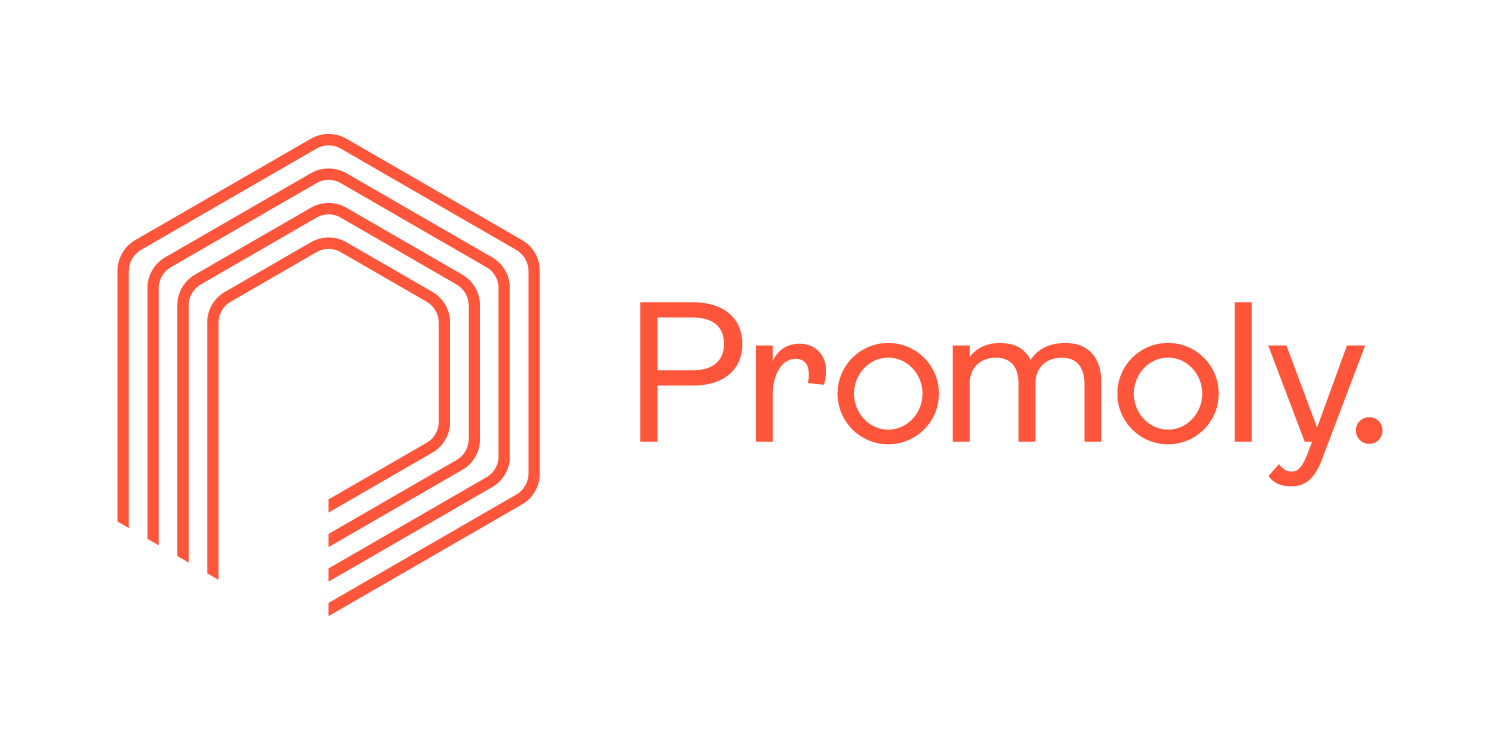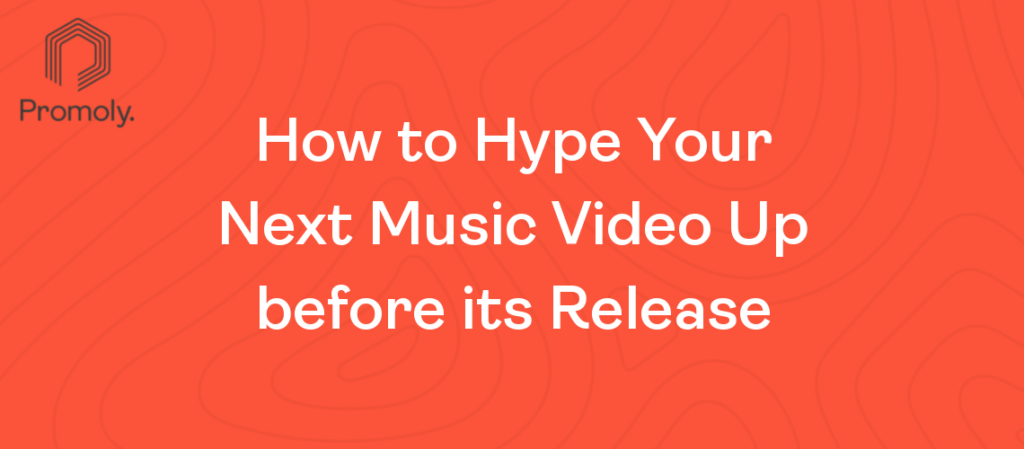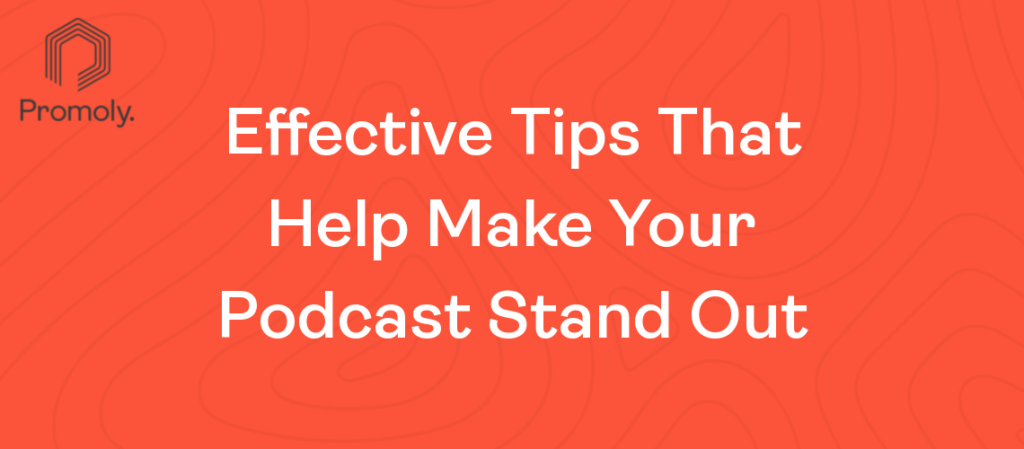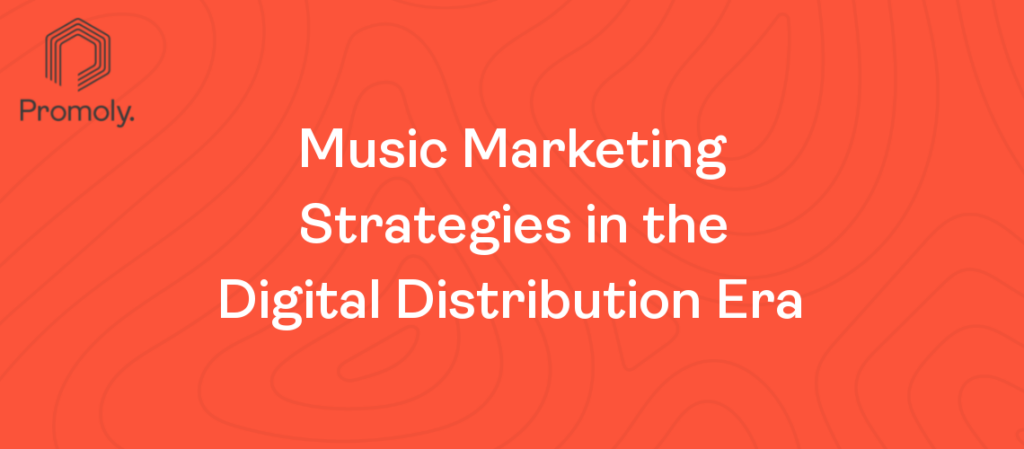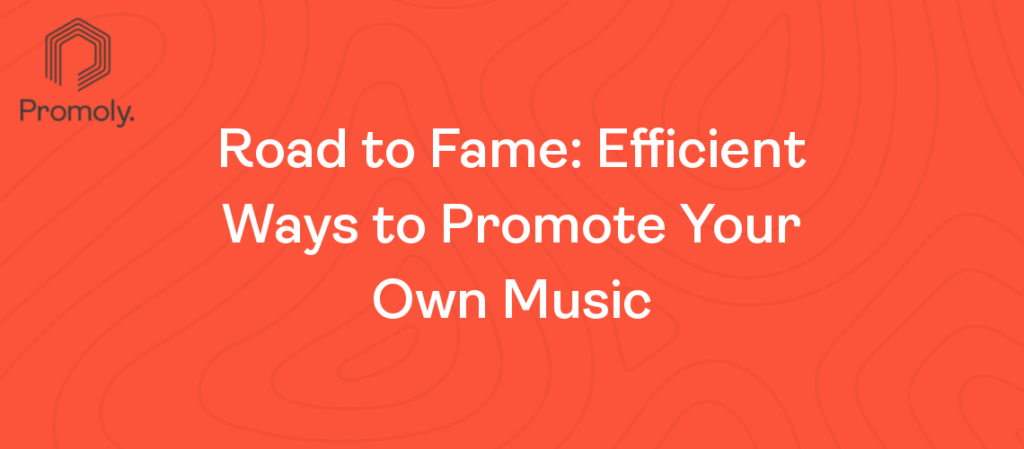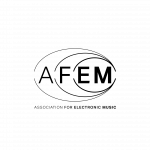Ah, (hash)tags… The original way of organizing and finding content on the web. Technology may have come far, but we’re still dependent on tags and keywords to listen and post amazing music.
And just like every other platform, SoundCloud has its own tagging system.
In this article, we’re going to show you how to use SoundCloud tags to increase song exposure, and make sure your music is heard by millions of interested listeners!
Are SoundCloud Tags the Same as Hashtags?
Yes, SoundCloud tags are the same as hashtags, in the sense that both allow users to find your content.
On Instagram and Twitter, that can be a cool video or your take on a popular topic. On SoundCloud, you can use tags to accurately label your music so it’s found by listeners searching for it.
After all, with over 272 million users in 2019, SoundCloud is a big platform. It needs a labelling system. Fortunately, it’s one you can use to increase song exposure.


Will Using Tags Help Increase Exposure?
Yes, using SoundCloud tags will help you increase song exposure!
Even the SoundCloud team advises using genre and mood tags to increase exposure, in addition to engaging with other users and musicians.
When compared to the other streaming services, SoundCloud is much richer in features, driven by data, and also focuses heavily on promoting niche genres, independent artists, and unsigned creators. This is why having a platform such as SoundCloud helps new artists – it exposes them to more listeners, and SoundCloud tags are one of the most critical features to allow this exposure.
Now, we’re all very familiar with hashtags, and how they help us get more exposure for our social media posts.
Similarly, we can think of SoundCloud tags as the hashtags of SoundCloud.
By looking at SoundCloud tags, not only will your listeners know the kind of music to expect from you, but it can also help the individuals who are searching for your particular type of music discover you.
The key is in understanding how tagging helps the SoundCloud algorithm.
How Does Tagging Help the SoundCloud Algorithm?
SoundCloud relies on the DiscoRank algorithm with its search engine and Explore pages to provide the best-match content to searchers.
In that respect, it’s very similar to Google.
If you’re searching for “how to use SoundCloud hashtags” or “how to use SoundCloud tags,” you want to find content that responds to that specific question.
It’s the same with SoundCloud.
Similarly, the SoundCloud algorithm is fine-tuned to give ambient music to searchers looking for it, and disco music to those who haven’t been able to forget the vivacious tunes of Saturday Night Fever.
The more relevant your genre and your tags are to users’ searchers, the higher will your track rank in the results.
This is where a lot of SoundCloud musicians make mistakes.
They add the most popular (genre) tags to their tracks, expecting to get more exposure. Instead, the opposite happens. A hip-hop track tagged as “disco” just because disco is trending that day is not going to receive clicks, leading the SoundCloud algorithm to place it lower in the search results.
Avoid using irrelevant tags. Instead, double down on the tags that apply to your music.
Ah, (hash)tags… The original way of organizing and finding content on the web.
— Promoly (@promoly) November 27, 2020
Technology may have come far, but we’re still dependent on tags and keywords to listen and post amazing music.
Here’s how @SoundCloud tags increases song exposure. #musicpromotion #SoundCloud pic.twitter.com/m4N4XZsWFF
What Are the Best SoundCloud Tags to Use?
The best SoundCloud tags to use are the ones relevant to your music, particularly genre and mood tags.
When uploading your track, you’ll be able to choose your genre from a list of available SoundCloud genres or add your own.
We recommend choosing from their list, as those genres are the ones widely recognized on the platform.
The genre tags also act as main tags.
You can find the most popular SoundCloud genre tags in the Charts section but again, make sure you’re using relevant genres. Don’t tag your indie track as “trap” just because it’s trending that day!
How to Use Different SoundCloud Tags?
You will be able to add your own tags in the “Additional Tags” section.


The key tags to focus on here are mood tags.
Let’s say you’re posting a pop track. What is the track’s vibe? Is it a summer hit? Is it moody?
All of these descriptors can be used as tags, because they’re the ones listeners look for, as well.
According to RiteTag, some of the most popular mood tags right now are:
#happy
#dark
#study
This is where it pays to understand the SoundCloud algorithm. A tag that isn’t being used by listeners is a waste of space. Focus on the tags that are used to find music like yours.
You can find relevant tags by taking a look at artists who post music similar to yours.
Which hashtags are they using? If they apply to your music, add them to your tag mix.
Be specific when tagging. Start from the main genre and then work your way down.
Yes, you posted a #country track, but is it #bluegrass? #Alternative Country?
If one instrument is prominent, make sure you add it. For example, using specific tags like #drumsolo and #guitar instrumental is a phenomenal way to reach more listeners who know exactly what they’re looking for!
You can also add your brand name to your tag mix, to improve your branding on the platform.
How Many SoundCloud Tags Should You Use?
It can be tempting to add too many tags just to make sure your music gets seen.
But as a rule of thumb: it’s better to use a handful of SoundCloud tags that are hyper-specific and relevant to listeners and searchers, than dozens of tags that aren’t a good fit.
Remember: the algorithm evaluates if your music fits the tags. Use the tags real people use to find real music, instead of jumping on the popular (but generic) tag bandwagon.
Your listeners come first!
